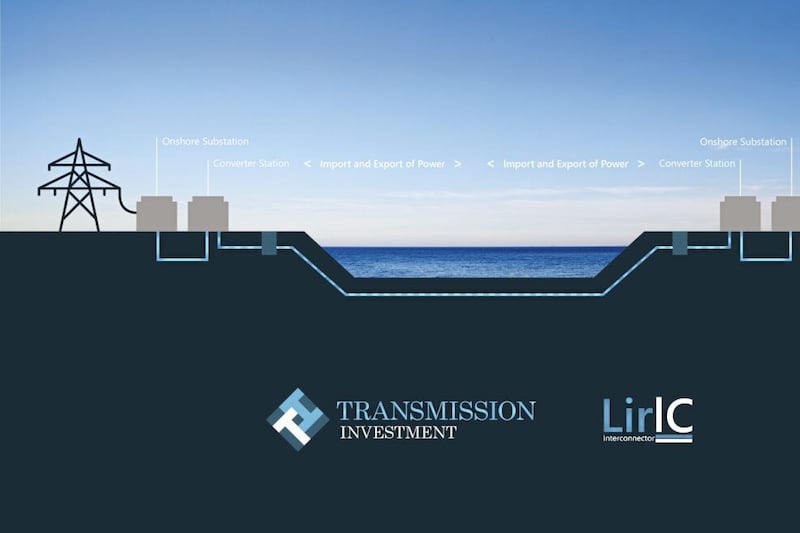Britain’s energy watchdog has announced moves to help drive flexible electricity use as the UK increasingly switches to wind and solar power under aims to make savings of up to around £70 billion by 2050.
Ofgem said it has hired Elexon to act as market facilitator for local energy flexibility – a role that will see it tasked with co-ordinating demand flexibility offers – following a consultation launched last year.
Britain will need to shift towards more flexible energy use – such as charging electric vehicle (EV) batteries when wind is generating lots of electricity – as the UK becomes more dependent on wind and solar power, which is less predictable, according to Ofgem.
This comes as electricity demand is set to rise by 50% by 2025, with households increasingly switching to EVs and heat pumps to warm their homes.
Also on Monday, Ofgem launched a consultation on a new system to provide a single point of registration for flexible consumer assets, such as EV chargers, heat pumps and home battery storage systems to take part in local and national energy markets.
Ofgem said the steps announced will help towards the Government’s goal of clean power by 2030 and could also contribute to between around £30 billion and £70 billion in savings from energy flexibility by 2050, which would ultimately reduce household energy bills.
Ofgem is hoping to make the savings by more efficient use of the energy system through flexibility, cutting the need to build new energy generation and electricity networks.
Ofgem director Eleanor Warburton said: “To successfully operate the developing low-carbon energy system of the future we need more flexible tools to make the best use of our intermittent wind and solar potential along with network and consumer assets to meet demand.”
She added: “We are already starting to see real acceleration in small-scale flexible energy use as consumers increasingly access cheaper energy through more flexible consumption.
“As market facilitator, Elexon will be able to co-ordinate and align local and national energy markets to unlock the full value of flexibility.
“Meanwhile, asset registration will create a streamlined one-stop sign-up point, which will help maximise consumer participation in flexible consumption.”
In its new role, Elexon will help ensure the right governance and institutions are in place as an part of establishing an efficient, fair and flexible energy system.
Ofgem hopes to have the market facilitator fully up and running by early 2026 at the latest.









